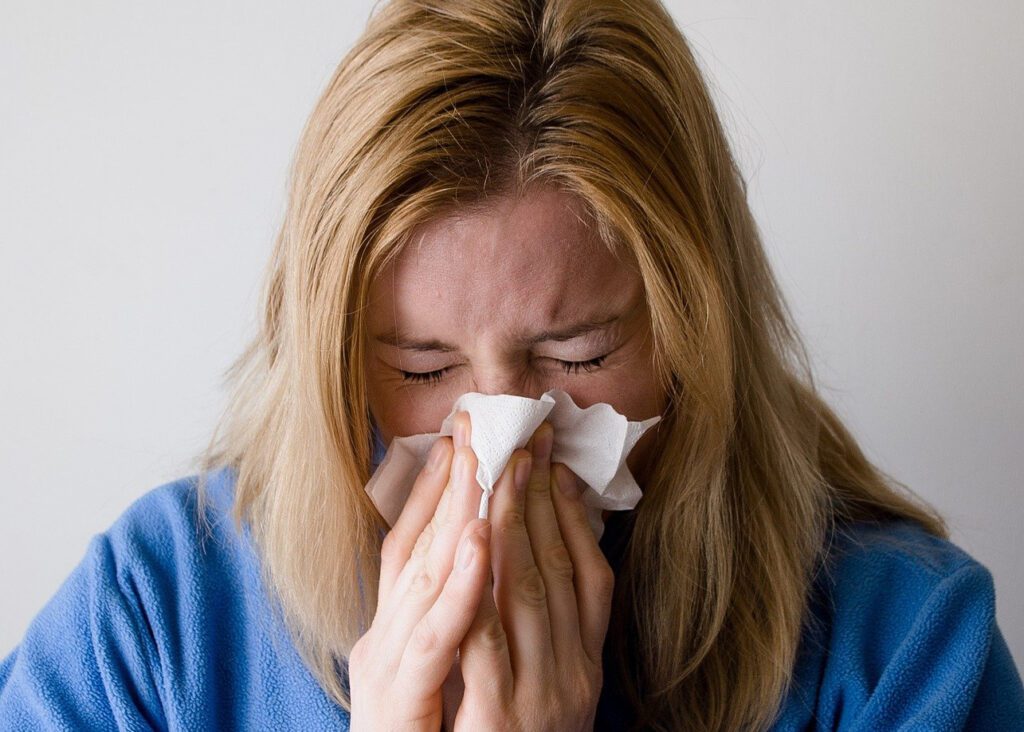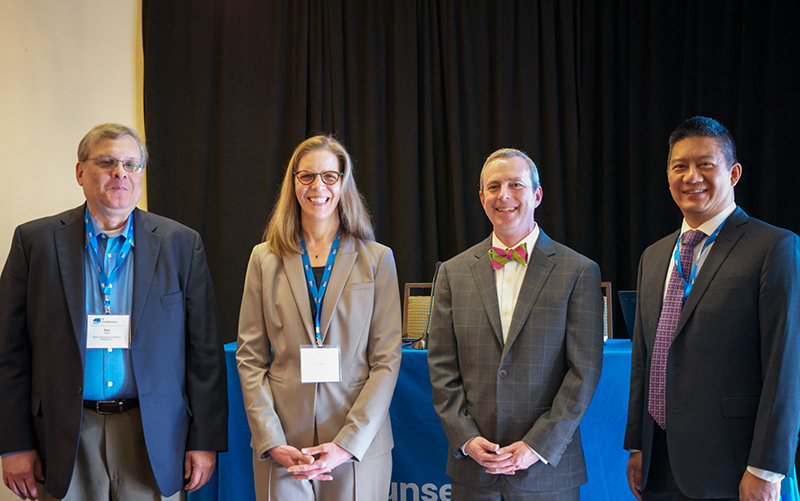Believe it or not, flu season is just around the corner. But with vaccination rates still in decline and the ever-mutating cohort of seasonal respiratory disease (flu, COVID, and RSV), the 2024-2025 flu season has a few healthcare professionals worried.
And, based on research, there is reason to be concerned as the secondary effects of the flu on the body can have considerable short- and long-term effects on patients.
To discuss the 2024-2025 flu season and what patients need to do to stay healthy, Bio.News chatted with Gregg Sylvester, Chief Health Officer & Vice President of Medical Affairs at CSL Seqirus.
Bio.News: Can you talk about the trending flu vaccination rates in the U.S. and what those might imply for the 2024-2025 flu season?
Sylvester: Influenza immunization rates have declined from their ~50% peak amongst the U.S. population during the 2020/21 season to 36% during the 2023/24 influenza season. This has been seen across all age groups and demographics. Lower vaccine uptake can lead to higher disease transmission, more severe outbreaks, and serious influenza-related complications. The most effective method for preventing the flu is by receiving an influenza vaccine. It is recommended for individuals aged 6 months and older who do not have any contraindications. A decline in influenza vaccination rates can have serious consequences, such as higher rates of hospitalization, increased absenteeism from work or school, and added strain on public health systems and hospitals. It is crucial to prioritize influenza vaccination during the season in order to protect both individual health and the well-being of their families and the community as a whole.
Bio.News: What are some of the major concerns had by CSL Seqirus and what needs to be done nationally to address those concerns?
Sylvester: At CSL Seqirus, our priority is protecting individuals from serious influenza-related complications. We aim to do this by working with our partners to reverse the serious decline in immunizations that has occurred in the U.S. Improving the influenza immunization rates is not going to occur in one influenza season. We must chip away at the problem by taking steps that help advance influenza immunization rates each season.
To that end, we are continuing to work with the CDC to support efforts to instill confidence in vaccination and public health systems. In addition, we are partnering with industry, federal, and state agencies to improve messaging to support flu immunizations so more people have an opportunity to get vaccinated.
Bio.News: What are some of the early steps that CSL Seqirus is taking to tackle the upcoming flu season?
Sylvester: CSL Seqirus is committed to improving vaccine uptake with the goal of preserving public health. We support healthcare professionals, who remain a trusted voice amid misinformation and disinformation about vaccines. We are working with the CDC to support efforts to instill confidence in vaccination and public health systems. In addition, we are partnering with industry, federal, and state agencies to extend the length of messaging supportive of flu immunizations so more people have the opportunity to get vaccinated. Although it won’t happen in a single season, we have begun to chip away at this problem and drive vaccination rates back up to pre-pandemic levels.
Bio.News: What would you like to convey to families when it comes to public health and protecting their loved ones, both this year and in the years to come?
Sylvester: Each year, the flu affects countless individuals, posing health risks, particularly to the very young, the elderly, and those with underlying health conditions. It’s important to encourage families, especially those with young children and older adults, to follow the CDC’s recommendation to receive their annual influenza vaccination as vaccination truly is the best way to protect against influenza. It is also important to stay informed about the flu season’s timing and severity from reliable sources as this can greatly aid in timely and effective responses to outbreaks. I encourage all individuals to speak with their HCPs about best protecting themselves, their families, and the public.
Bio.News: Is there anything else you would like to add when it comes to patients protecting themselves and preparing for the upcoming flu season?
Sylvester: One of the most effective ways to protect against influenza is to get vaccinated every year. The flu vaccine is updated annually to combat the most current strains of the virus and ensure the public is protected as best as possible. I’ll say it time and time again, but getting your flu shot is the best defense against influenza this season and in seasons to come.




